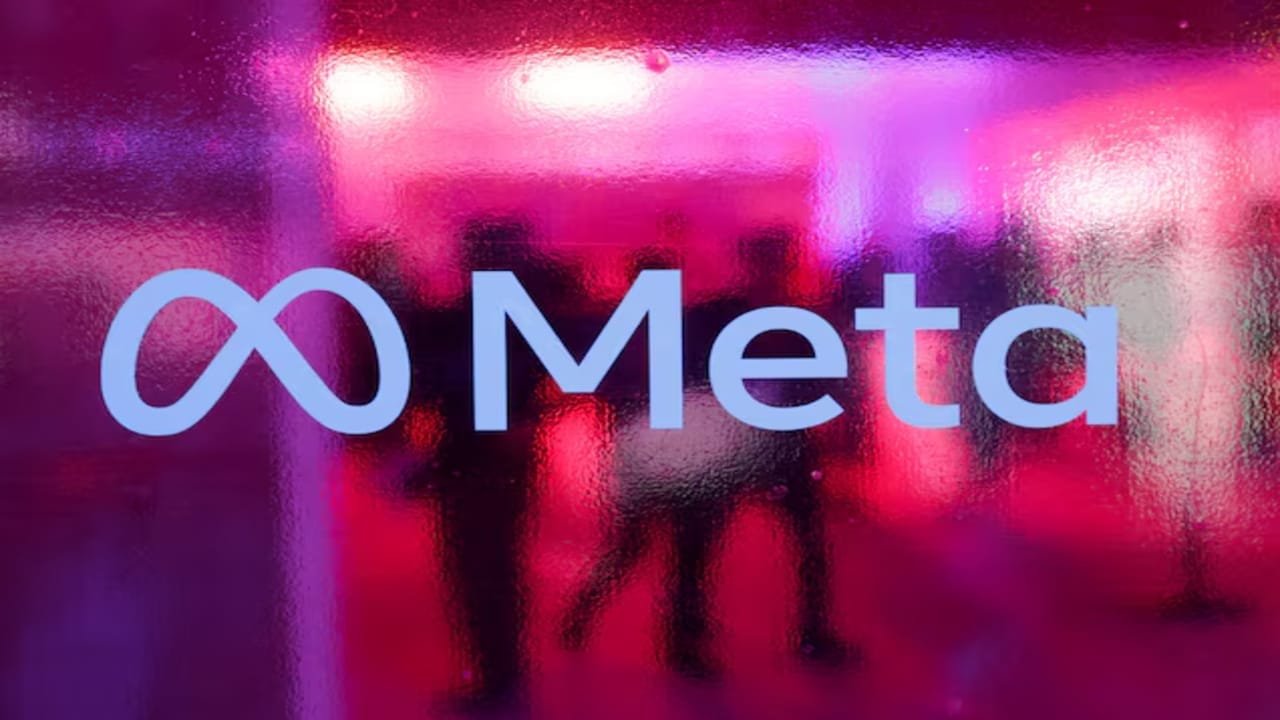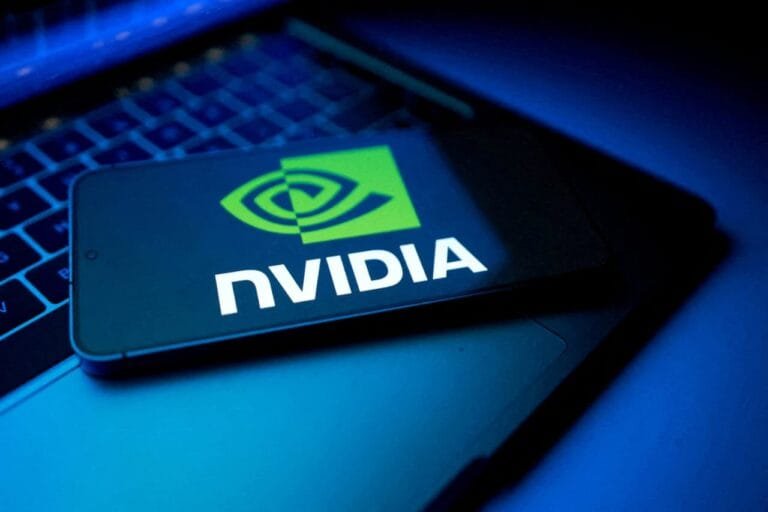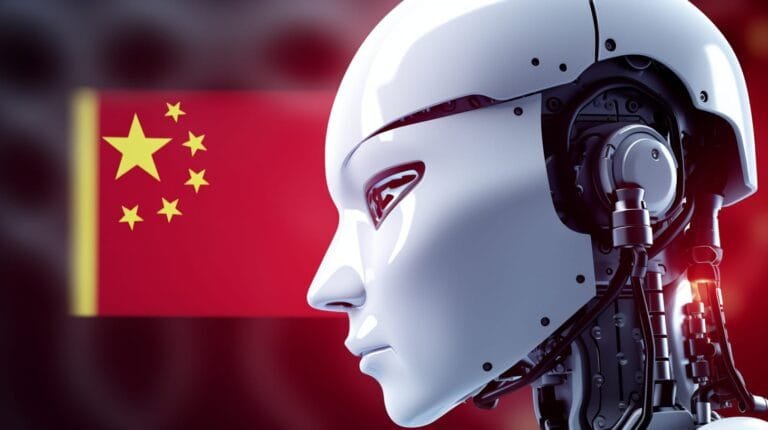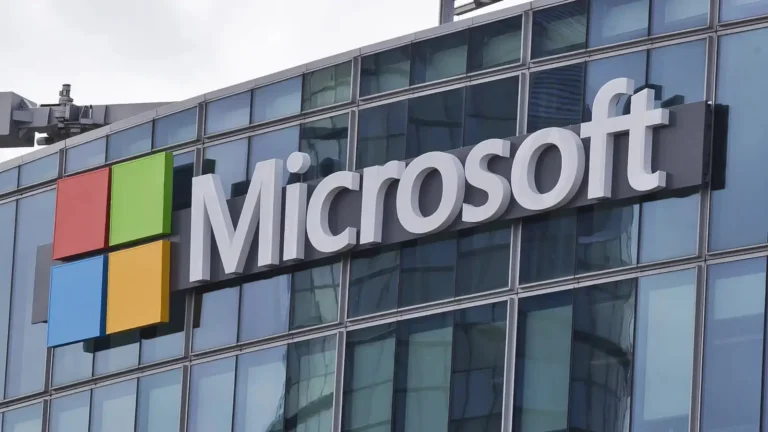
Mark Zuckerberg announces Meta’s bold new Superintelligence Lab in June 2025.
Introduction Meta Superintelligence Lab and initial challenges
Mark Zuckerberg, formerly Facebook CEO, announced a new and ambitious division, Meta Superintelligence Lab, in June 2025. Its aim was to develop personal superintelligence—artificial intelligence that surpasses human intelligence and can help every person achieve their goals. To achieve this goal, Zuckerberg announced billions of dollars in investment and campaigned to recruit top AI researchers and engineers from around the world to join his team by luring them with huge salary packages. But within just two months of this announcement, this dream seemed to be falling apart. Several key employees associated with MSL left the company. These included those who had recently joined competitors like OpenAI and Google DeepMind. And some who had been working at Meta for years. The exodus is a major setback for Meta’s plan to compete in the AI race and also reveals internal tensions within the company.
List of key employees leaving Meta
These exits from Meta’s MSL include some seasoned veterans of the company and some new recruits. Most of them are researchers and engineers who played a key role in building Meta’s core AI infrastructure such as tools like PyTorch and Triton. Below is a table detailing the names of key employees, their tenure at Meta and their new destination. Employee Name Tenure at Meta Key Contribution Role New Destination But Bert Maher 12 years PyTorch and Triton development Anthropic Tony Liu 8 years Systems Team Management Chia-Hao Wu 5 years AI/ML expert Memories.ai and Aram Markosyan 4+ years AI Security
Table of key employees who recently left Meta Superintelligence Lab
The story of this exodus is even more interesting. Researchers like Avi Verma and Ethan Knight stayed at Meta for less than a month and returned straight to OpenAI. At the same time, senior figures like Chhaya Nayak, who oversaw the development of Meta’s Llama AI model series, also moved to OpenAI, but this clearly shows that Meta has failed to retain not only newcomers but also its old and experienced talent. Also, the main reason for the exodus: Money alone is not enough. Which is not to say that Meta did not try to attract these talents. According to reports, the company offered salary packages worth millions of dollars to bring talent from competitors like OpenAI and Google DeepMind. And in some cases, these packages were reported to be up to hundreds of millions of dollars. But as experts point out, money is not everything.
Internal dissatisfaction and disparity in compensation
The extremely high salary packages offered to the newly recruited employees within Meta have created tension and discontent among the old employees. But those who had been working in the company for years and building its core AI infrastructure. They felt that the new people were being paid much more than them. And this has led to internal rifts and some old employees have even threatened to leave the company. Also, constant restructuring and instability Meta has just done the fourth major restructuring of its AI division in the last six months. But these constant changes have created a sense of instability among employees.
Chia-Hao Wu, who has now moved to Memories.ai, revealed that “many people on the AI team feel that things are too dynamic. There have been a lot of organizational changes. In fact, my manager has been changed several times. Also, such constant upheaval makes it difficult for any employee to make long-term plans.”
Lack of cultural fit and values of Meta Superintelligence
AI industry insiders believe that money alone is not enough to attract top talent. Also, engineers and researchers often prefer to work with an organization whose values and goals match their own beliefs. And these values can be related to AI safety, social impact, or technical approaches such as accelerationism vs. decelerationism. Also, some researchers believe that Meta’s mercenary-like approach, which OpenAI CEO Sam Altman mentioned, did not match the cultural roots of their parent company.
Differences in technical direction and management
Reports suggest that technical direction and pace within Meta have been disrupted by conflicts. There have also been differences over this. People say that CEO Mark Zuckerberg and MSL chief Alexander Wang are tense over how fast to move towards superintelligence. But apart from this, Meta has recently stopped work on its behemoth AI model because it did not meet internal expectations. But in such a situation, it may be a matter of concern for researchers that the company’s technical strategy is not clear or is too risky. Meta’s response and official statement as well as what is happening amid all these developments, Meta’s official stance is that all this is normal and it is being exaggerated.
Future path Challenges and opportunities for Meta
Now in front of MetaIt’s a tough road ahead. On the one hand, it’s trying to compete with giants like OpenAI and Google. On the other, it needs to stabilize its internal environment and retain top talent. Plus the usual attrition. A Meta spokesperson said that some attrition is normal for any organization of this size. Also, most of these employees had been with the company for years. And we wish them all the best for the future. Regarding the intensity of the hiring process and the early departure of newly hired employees, the spokesperson said that during an intense hiring process, some people will decide to stay in their current job rather than start a new one. Also, this is normal.
Joe described the restructuring and hiring freeze as “normal”: Meta spokesperson Andy Stone tweeted that the temporary hiring freeze and restructuring are minor updates. Which are part of planning and forecasting. But he criticized the media for calling it navel-gazing.
Conclusion: Meta Superintelligence
Meta Superintelligence Lab’s early troubles are not just the story of one company. And this is a warning to the entire AI industry. It shows that money and resources are not enough in the race to become the next big thing. Culture, stability, and a sense of shared purpose are just as, if not more, important. Meta is still a powerful player and has all the resources to succeed. But if it is to truly achieve superintelligence, it will have to invest not just in chips and piles of code, but in the people who are building it. But it will have to create an environment where talent is attracted and retained to work on a mission, not just for money. And the years to come will prove whether Meta is up to the challenge or falls behind in the AI race.




